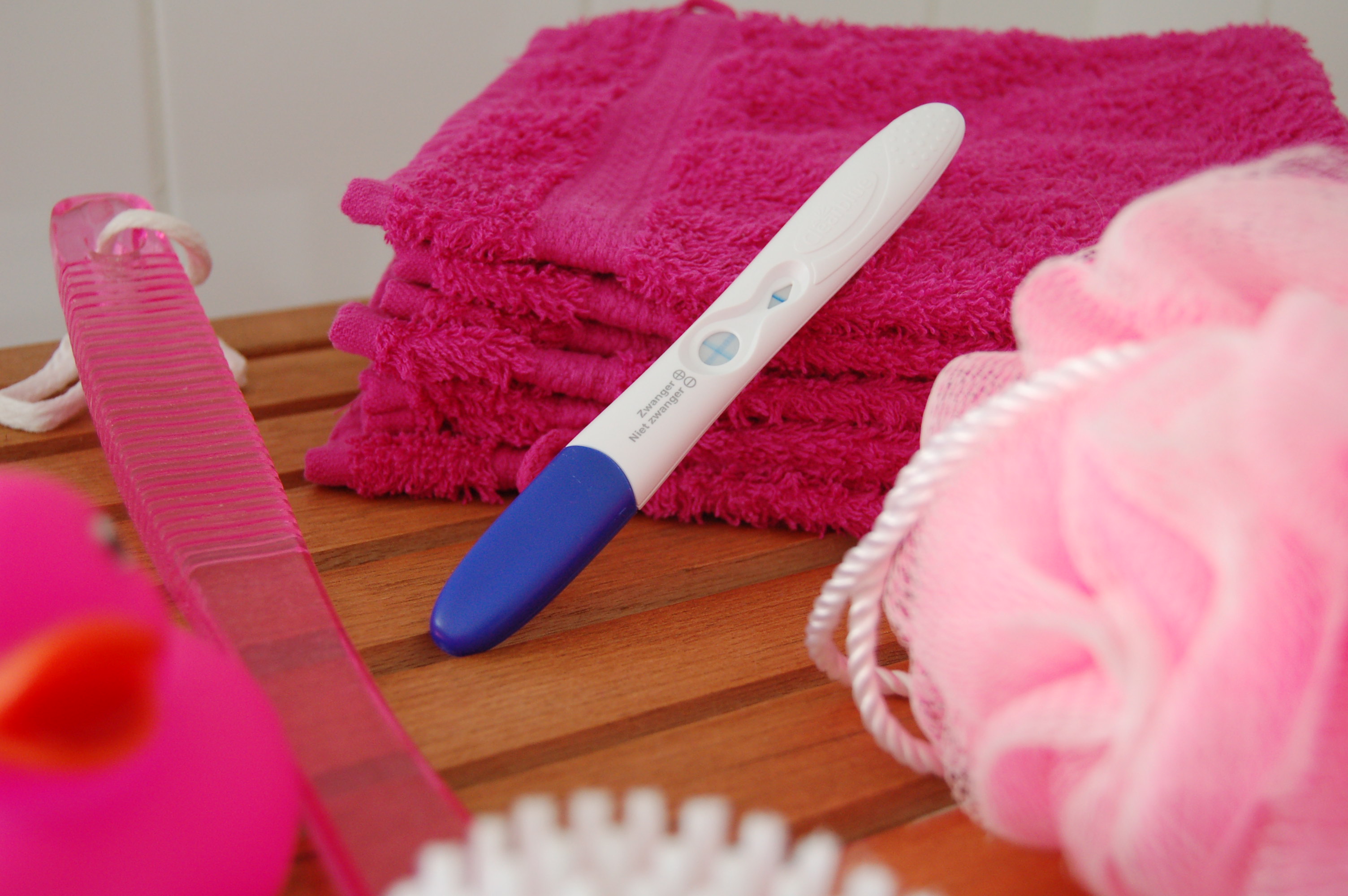TUESDAY, May 24, 2016 (HealthDay News) — Common techniques for helping babies — and parents — sleep at night seem to carry no long-term harms, a small trial finds.
The study tested two methods: “graduated extinction” (also known as “controlled crying”) and “bedtime fading.”
The former strategy is aimed at letting babies “self-soothe” on their own, without immediate parental intervention. The latter method extends a baby’s bedtime, to help sleep come more quickly.
Researchers found that both approaches encouraged babies to fall asleep faster at bedtime. The controlled-crying approach also helped them wake up fewer times during the night.
What’s more, neither technique seemed to harm babies’ emotional development or bonding with mom and dad, the researchers found.
It’s that latter finding that’s most important, according to Dr. Marcel Deray, a pediatric sleep specialist at Nicklaus Children’s Hospital, in Miami.
“We’ve known that these techniques work,” said Deray, who wasn’t involved in the study.
However, he added, parents often worry that sleep training will distress their baby — possibly with lingering consequences.
“But this study shows that 12 months later, the babies are perfectly fine,” Deray said.
Parents worry about the controlled-crying method, in particular, according to study leader Michael Gradisar, a clinical psychologist at Flinders University, in Adelaide, Australia.
With that technique, parents resist the urge to immediately respond to their baby’s nighttime cries, so he or she can learn to self-soothe. Some parents worry that will damage their baby emotionally, and possibly cause “attachment” problems or other issues in the long run, Gradisar explained.
But, he said, his team found no evidence that was the case.
They report the findings in the May 24 online issue of Pediatrics.
For the study, the researchers randomly assigned parents of 43 babies to one of three groups: one that started practicing controlled crying; one that took up bedtime fading; and a third, “control” group that was just given information on healthy sleep.
The babies ranged in age from 6 months to 16 months. All had a “sleep problem,” according to their parents.
Parents in the controlled-crying group were given a basic plan: When their baby woke up crying during the night, they had to wait a couple of minutes before responding. They could then go comfort, but not pick up, the baby.
Over time, parents gradually let their baby cry for longer periods before responding.
Bedtime fading is a “gentler” approach, according to Gradisar: The aim is to help babies fall asleep more quickly by putting them down later.
Parents in that study group were told to delay their baby’s bedtime for a few nights — to 7:15 p.m. instead of 7 p.m., for instance. If the baby was still having trouble falling asleep, bedtime could be pushed back another 15 minutes.
After three months, the researchers found, babies in both sleep-training groups were falling asleep faster when their parents put them down — between 10 and 13 minutes faster, on average. On the other hand, there was little change in the control group.
Babies in the controlled-crying group were also waking up less often at night: averaging once or twice a night, versus three times at the study’s start.
For moms in both groups, stress levels generally declined in the first month, and there was no evidence that either sleep tactic stressed babies out, Gradisar said.
In fact, saliva samples showed that the babies’ levels of the “stress hormone” cortisol declined a bit, compared with babies in the control group.
The study found no evidence of any lingering harm, either.
A year after the study’s start, children in the three groups had similar rates of behavioral and emotional issues. They were also similar in their “attachment” to their parents — which was gauged during standard tests at the research center.
How do you know when your baby has a sleep “problem”?
Young infants normally wake up frequently, but by the age of 6 months, Deray said, about 80 percent of babies sleep through the night. By 9 months, 90 percent do, he noted.
So if your baby is still routinely waking at those ages, it’s a good idea to talk to your pediatrician, according to Deray. For one, he said, that can help spot any underlying issue, such as chronic reflux — where food backs up from the baby’s stomach.
If sleep training is recommended, Deray said, the choice of technique is up to parents. “They have to do what they’re comfortable with.”
More information
The American Academy of Pediatrics has advice on helping your baby sleep.
Copyright © 2026 HealthDay. All rights reserved.

